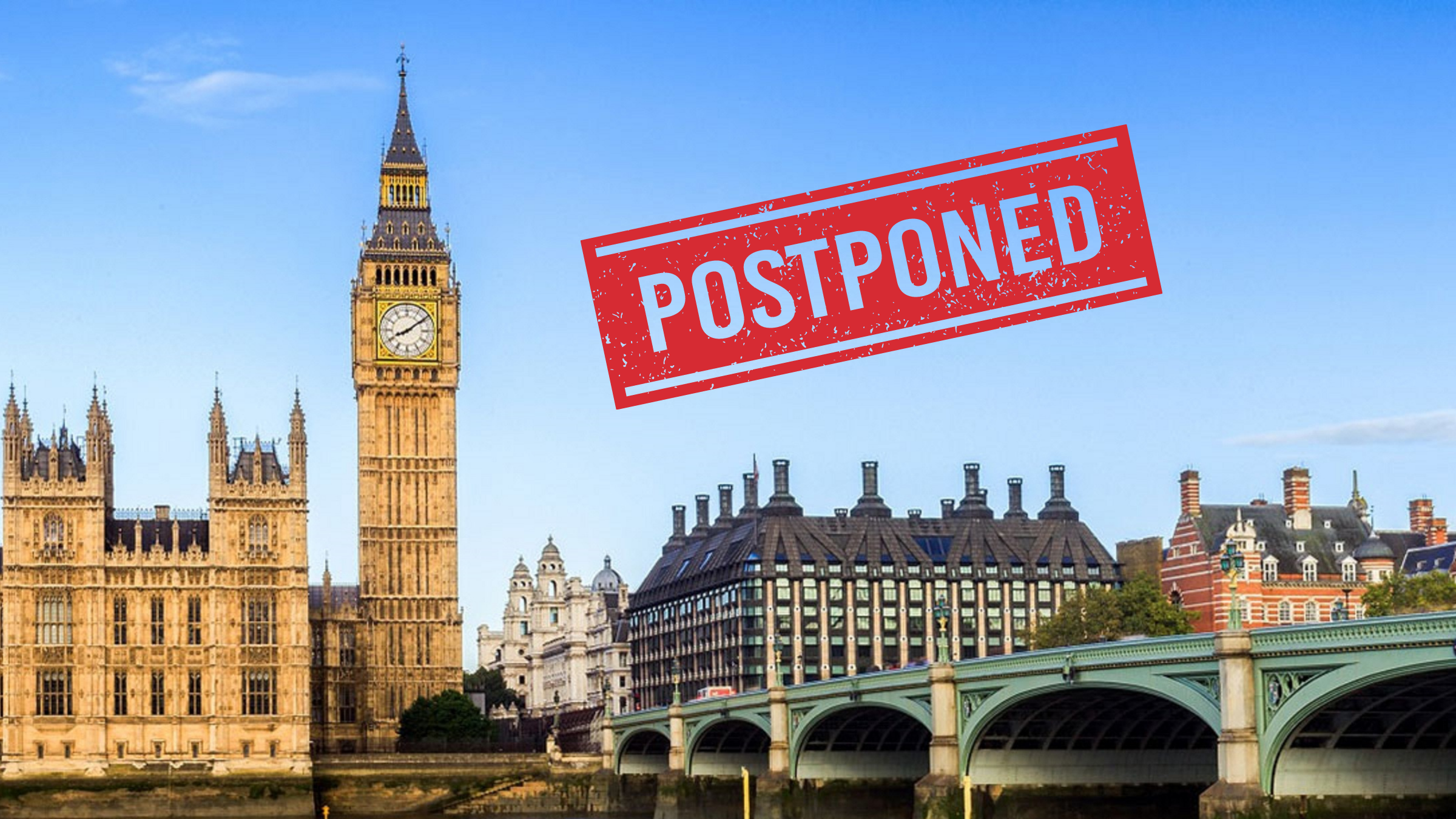U.K. postpones energy-saving rules for businesses
🇬🇧 Mind the cap.
The threat of wiping out profits has left businesses across Europe scrambling for a way to deal with the energy crisis after Russia invaded Ukraine. While the United Kingdom had announced it would be capping business energy costs with the Energy Bill Relief Scheme, they have postponed the enforcement and left many businesses sighing in relief. But the energy problem - the root of it all - is not vanquished.
Two years ago, California lawmakers quietly passed a complex energy bill that transformed how residents are billed for electricity.
A significant project in Morocco aimed at revolutionizing renewable energy has hit a major roadblock.
Energy giant Shell is shifting gears, planning to sell off some of its gas stations to make room for more electric vehicle charging stations.
Deforestation is a major global problem, with agriculture responsible for a whopping 90% of it.
European Union countries hit a roadblock on Wednesday as they halted the progress of new regulations aimed at making large companies accountable for potential forced labor and environmental harm in their supply chains.
Investor groups are urging EU countries to support a proposed law, the Corporate Sustainability Due Diligence Directive, which would hold large companies accountable for environmental and human rights violations in their supply chains.
In a legal move, a federal judge is being urged to issue a halt on construction for a $10 billion transmission line that is intended to carry wind-generated electricity from a remote area in southeastern Arizona to customers as distant as California.
Recent sub-zero temperatures across the United States have caused gas wells to freeze, resulting in an 11-month low in gas production, according to Reuters.
Estonia's foreign minister, Margus Tsahkna, has accused Moscow of orchestrating a "blatant hybrid attack" by facilitating a surge in migrants from Africa and the Middle East arriving at the EU's eastern frontier.
France, Germany, and Italy have opposed the EU's draft AI legislation, particularly regulations concerning "foundation models" that underpin large AI language models.
The United States and China, along with 27 other countries and the EU, have signed the Bletchley Park Declaration on AI during a two-day AI Safety Summit held in the UK.
Germany has allowed France to use state subsidies for its nuclear power plants, breaking a deadlock in EU electricity market reform discussions.
Belgium is investigating potential security risks related to China's Alibaba Group's presence at Liège Airport, where its main European logistics center is located.
New Brexit trade rules related to electric vehicles could impose a significant financial burden on European auto manufacturers, potentially costing them £3.75 billion ($4.58 billion) over the next three years, as reported by BBC News.
Europe is grappling with a severe public health crisis as nearly everyone on the continent resides in areas plagued by dangerous air pollution levels, according to an investigation by The Guardian.
Ships transporting goods in and out of the European Union will soon face significant emissions-related costs as they join the bloc's Emissions Trading System (ETS) starting in January 2024.
The U.S. and EU are taking steps to lessen Asia's stronghold on the global semiconductor market. With the shift of semiconductor manufacturing operations to major Asian countries, the U.S. and Europe have faced challenges in maintaining competitiveness.
The Energy Information Administration's Short-Term Energy Outlook Report highlights several predictions, including an increase in crude oil prices heading into 2024, while diesel fuel prices are expected to remain below $4 per gallon for most of that year.
Moody's has highlighted that the new Deforestation Regulation introduced by the European Union poses a significant risk to European supply chains.
The increasing adoption of electric vehicles (EVs) in the U.S., with over half of new cars expected to be electric by 2030, could strain the nation's electric grid, which is ill-prepared for such a shift from fossil fuel-based power.
Republican lawmakers Senator Tim Scott and Representative James Comer have expressed concerns about European Union (EU) environmental, social, and governance (ESG) measures gaining traction in the United States.
Italy has unveiled plans to establish a €1 billion sovereign fund to support strategic companies and enhance domestic production, aiming to strengthen key supply chains.
European governments have traditionally been more aggressive in regulating fuel consumption, but the United States is catching up with strict emissions regulations and fines for automakers that fail to meet EV sales targets.
Under new EU regulations set to come into force in 2024, European transport and logistics firms, including airlines, airports, and shipping lines, will have to bolster their cybersecurity measures.
Ever since the war started between Russia and Ukraine, many European countries have reverted to using coal and other less environmentally friendly practices.
Since the European Union banned the shipment of Russian oil, it has disrupted global shipping patterns.
Many truckers and trucking companies in California are worried about the future due to a recent regulation that requires half of all vehicles to be electric by 2030.
Volatile energy price swings are causing a ruckus among companies across all sectors, according to a recent survey taken by Zurich-based ABB Electrification, the appliances, electrical, and electronics manufacturing arm of industrial automation provider ABB
Europe has slowed production of lithium-powered cars, their production this year is expected to be over a million cars less than the original estimate.































A top cybersecurity firm, ESET, has uncovered Chinese hacking attempts in the European cargo shipping industry, marking the latest instance of China-aligned groups infiltrating Western economic infrastructure.